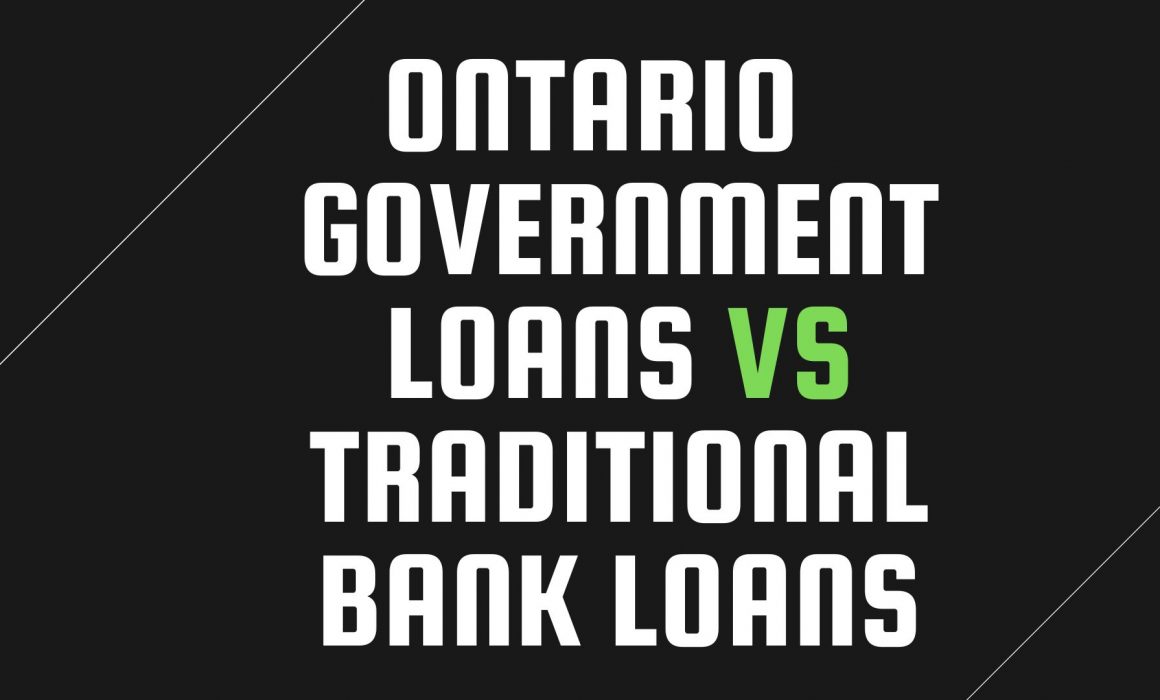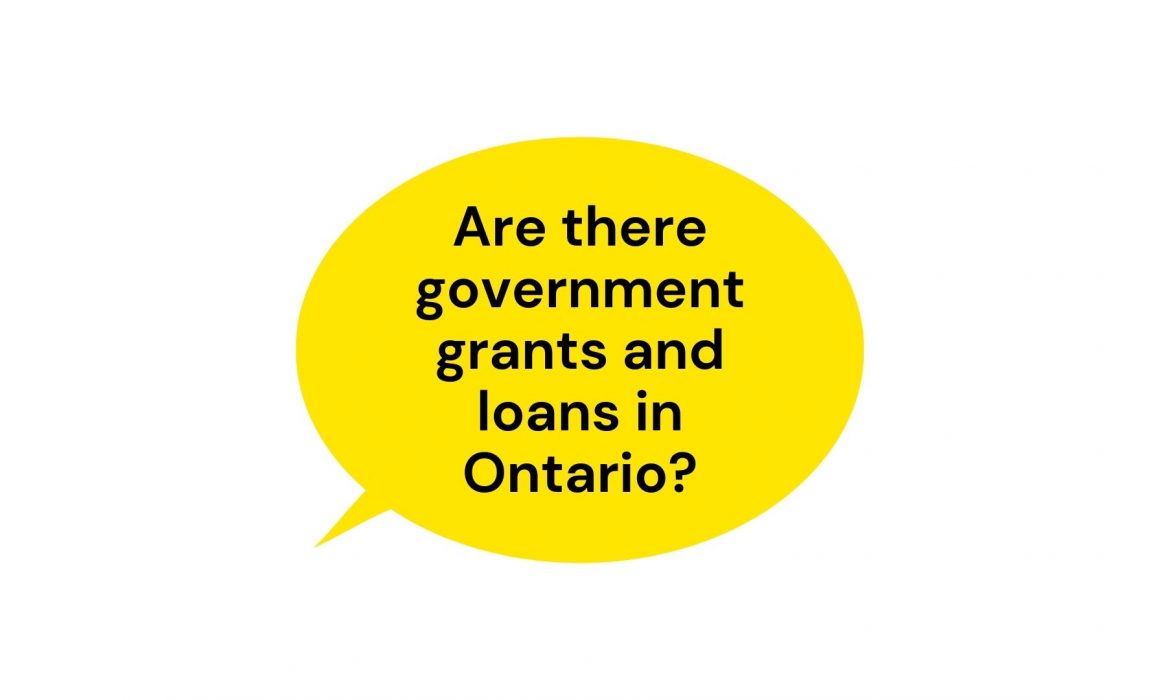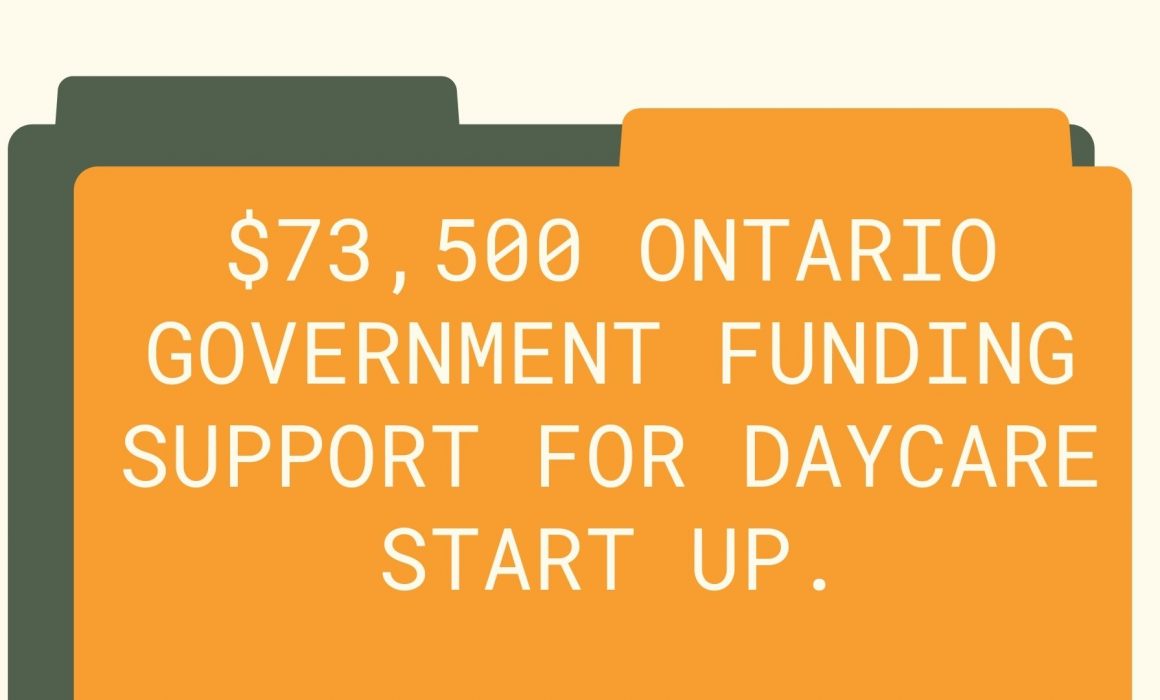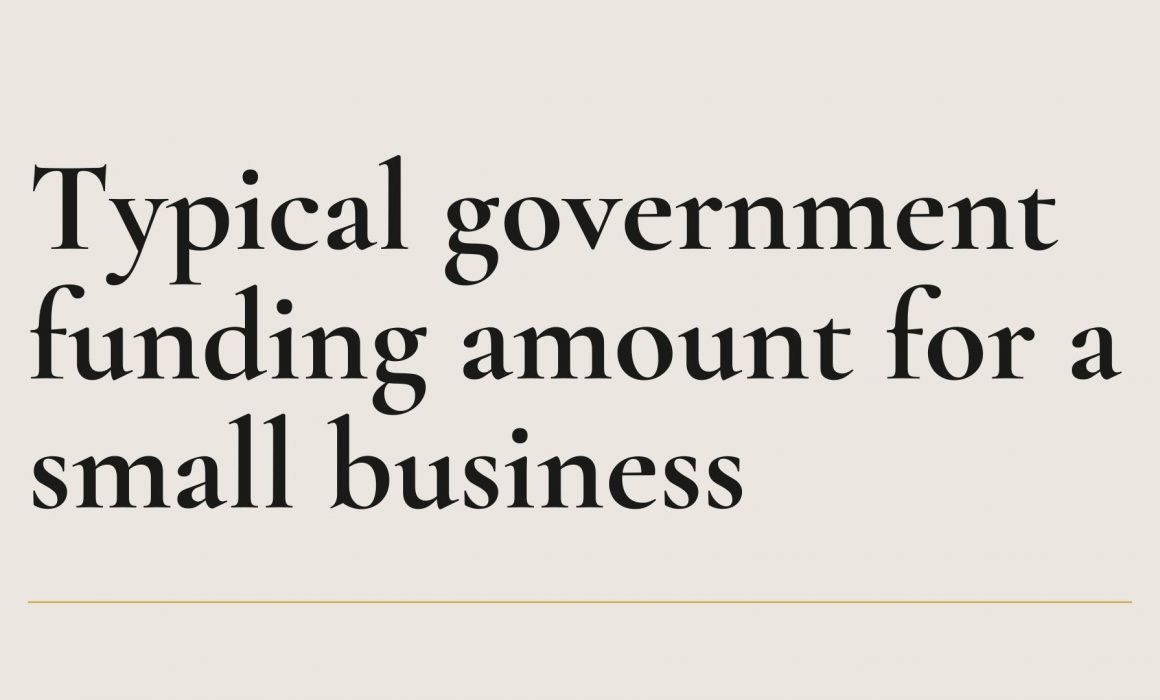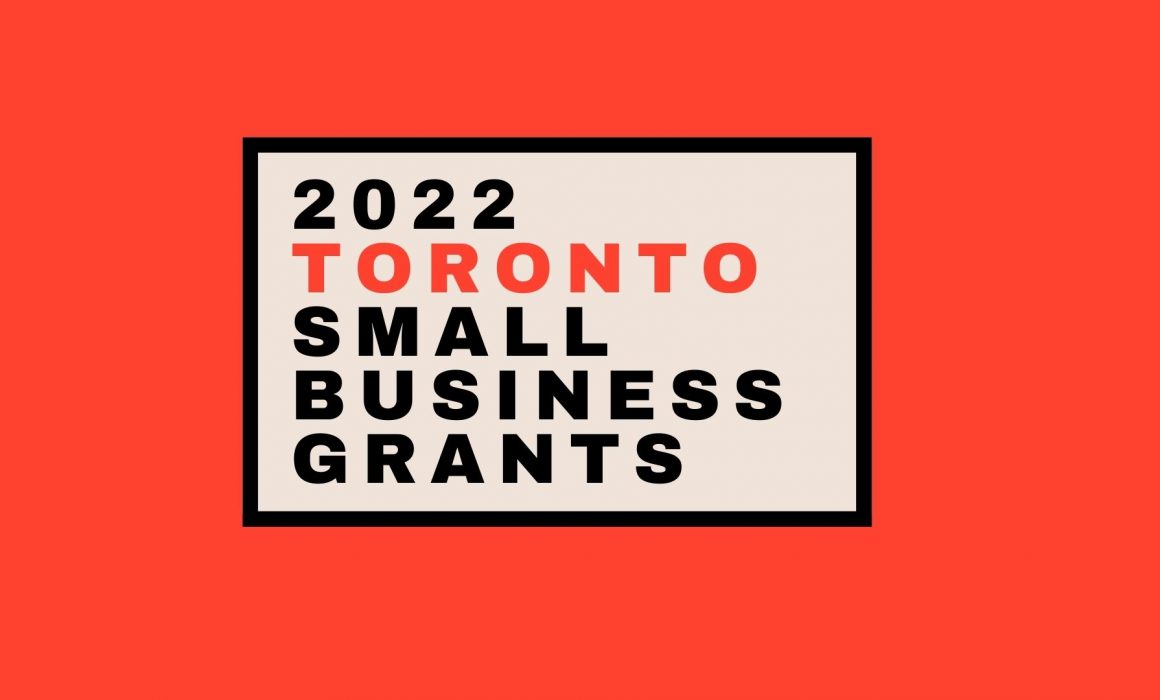As a business owner in Ontario, it is important to be aware of the different types of funding that are available to you. Depending on your business needs, there may be a number of different options that can help you get the funding you need. In this blog post, we will provide an overview of some of the most common types of business funding in Ontario.
Government Grants
One option for business funding in Ontario is government grants. Government grants are typically available for businesses that are working on research and development projects, or businesses that are expanding into new markets. To be eligible for a government grant, you will need to submit a proposal that outlines your project and how it will benefit the economy. If your proposal is approved, you will be awarded a grant that can be used to cover expenses related to your project.
To determine which government grants, government loans or tax breaks your small business may be eligible for, it is a good idea to review the Funding Database. It currently has over 1,500 funding programs and options for startups to consider.
Loans and Government Loans
Another option for business funding in Ontario is loans. Loans can be obtained from financial institutions like banks or credit unions or even the government of Ontario and federal government of Canada. The interest rate on loans varies depending on the lender, but it is typically lower than the interest rate on credit cards. When applying for a loan, you will need to provide financial statements and a business plan to the lender. If you are approved for a loan, you will be required to repay the loan over a period of time, with interest.
Venture Capital
Venture capital is another source of funding that is available to businesses in Ontario. Venture capital firms invest money in businesses that they believe have high potential for growth. If you are able to secure funding from a venture capital firm, you will typically give up a portion of ownership in your company in exchange for the investment.
There are many different options for business funding in Ontario. The best option for your business will depend on a number of factors, including the amount of money you need, the purpose of the funds, and your ability to repay any debt incurred. Be sure to do your research and speak with a professional before making any decisions about financing your business.






